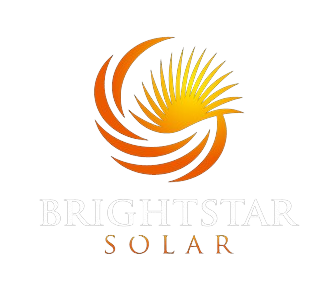Residents who have installed a solar installation in Massachusetts in 2016 should begin effectively planning for their federal and state tax returns. As an installer, our job doesn’t end once we complete construction. We like to be a trusted resource for our customers and make sure that they have a great experience throughout the entire lifecycle. I have assembled a guide for the various solar tax planning considerations for Massachusetts PV installations completed in 2016.
Federal Residential Renewable Energy Tax Credit
This is a personal federal tax credit for residential installations where a taxpayer may claim a credit of 30% on qualified solar electric expenditures on a dwelling used as a residence by the taxpayer. Record the full qualified solar expenditures on Line 15 of Page 2 of IRS Form 5695. You will be calculating 30% of this figure to determine your tax credit. Please reference IRS Form 5695 and Instructions for Form 5695: Residential Energy Credits.
Massachusetts Renewable Energy Income Tax Credit
This is a personal tax credit for the state of Massachusetts that provides a 15% tax credit against the state income tax for the cost of your photovoltaic system less any state or municipal rebates received. The tax credit is capped at $1,000. Record your qualified solar expenditures on Line 1 of Page 1 of this form. Enter any rebates received on Line 2. Even though you will calculate 15% of the fully invoiced amount less the rebate, the maximum tax credit you can receive is $1,000. Please reference Schedule EC: Solar and Wind Energy Credit.
Taxability of Solar Renewable Energy Credits
There has not been a definitive ruling if SRECS are taxable. There are different schools of thought. Some resources have said that SREC income may not be considered profit if the proceeds were used to recoup the initial investment. Another CPA firm interpreted a Private Letter Ruling that SREC income is not a rebate or a subsidy so it would not be considered excludable. Please refer to our previous blog post, “Are SREC Payments Taxable”
Property Tax Exemption
I also urge customers to pay close attention to their 2017 and 2018 property tax bill. “Massachusetts law provides that solar-energy systems and wind-energy systems used as a primary or auxiliary power system for the purpose of heating or otherwise supplying the energy needs of taxable property are exempt from local property tax for a 20-year period,” taken from the General Laws of Massachusetts. When we pull the building permit, we inform the town that the expenditure is for a solar panel installation. However, it is the town’s responsibility to properly record this improvement with a tax exemption for the next 20 years.
Brightstar Solar is a licensed solar installer in Massachusetts. We work with residential and commercial customers to maximize incentives, navigate the installation process, and complete grant and rebate paperwork. Please call 617-564-0050 or reach out to us if you are interested in a complimentary solar evaluation of your business or home in Massachusetts.








Absolutely love the way you’ve laid out your points here.